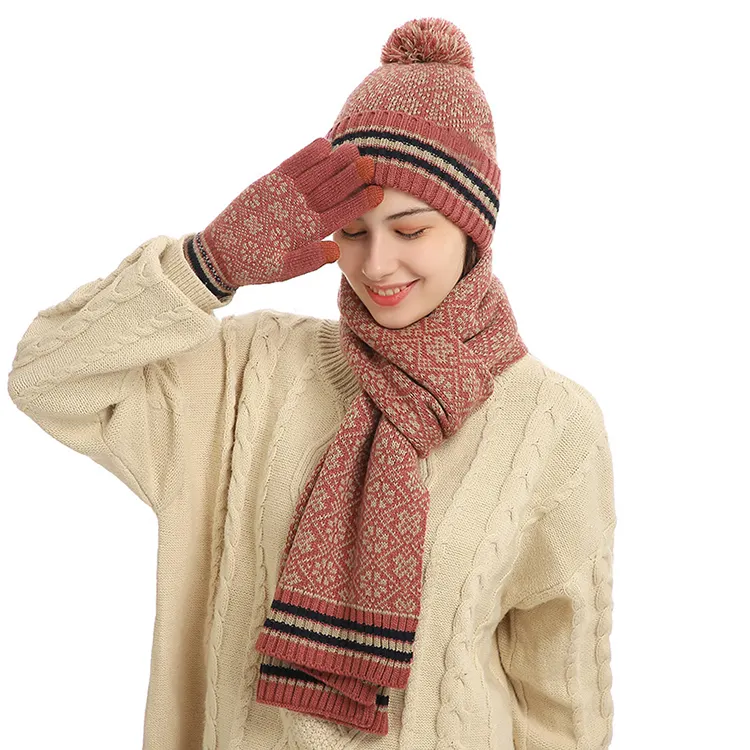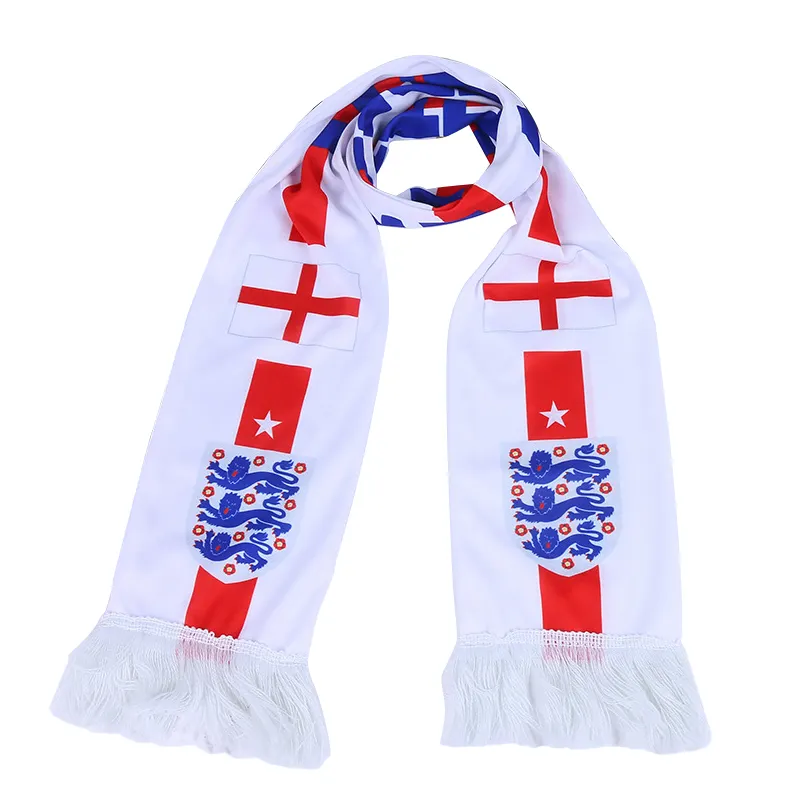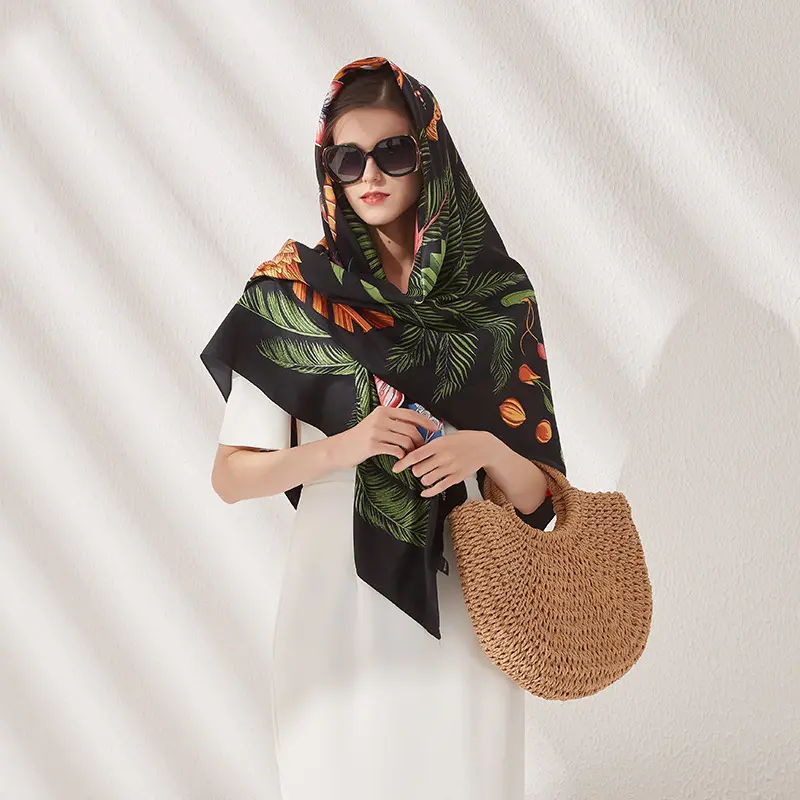Wool scarves are fantastic examples of sustainable fashion due to the use of natural fibers and their numerous eco-friendly qualities:
- Renewable and Biodegradable: Wool is a natural and renewable resource, harvested from sheep annually through shearing. It’s biodegradable, meaning it decomposes naturally, reducing environmental impact.
- Low Carbon Footprint: The production process of wool generally has a lower carbon footprint compared to synthetic fibers. Sheep farming is often integrated into sustainable land management practices, contributing to carbon sequestration and healthier ecosystems.
- Durable and Long-Lasting: Wool scarves are durable and long-lasting, reducing the need for frequent replacements. Proper care can extend their lifespan, promoting a more sustainable approach to fashion.
- Natural Insulation: Wool’s excellent insulating properties allow it to keep you warm in cold weather while remaining breathable, making it a versatile material suitable for various climates.
- Water and Soil Health: Sheep farming can contribute to healthy soil by promoting natural fertilizer cycles. Additionally, wool processing typically requires less water compared to the production of synthetic fibers.
- Supporting Local Economies: Many wool scarves are produced using traditional methods that support local communities and artisans. Choosing wool supports sustainable livelihoods and heritage crafts.
- Minimal Processing: Wool requires minimal chemical processing compared to synthetic fibers, reducing the release of harmful pollutants into the environment.
- Ethical Animal Welfare: Supporting brands that adhere to ethical animal welfare standards ensures the well-being of sheep, promoting responsible and humane practices in wool production.
By opting for wool scarves made from sustainably sourced wool and supporting ethical and eco-conscious brands, you contribute to a more sustainable and eco-friendly fashion industry. Choosing natural fibers like wool encourages a shift towards more environmentally friendly choices in fashion consumption.



